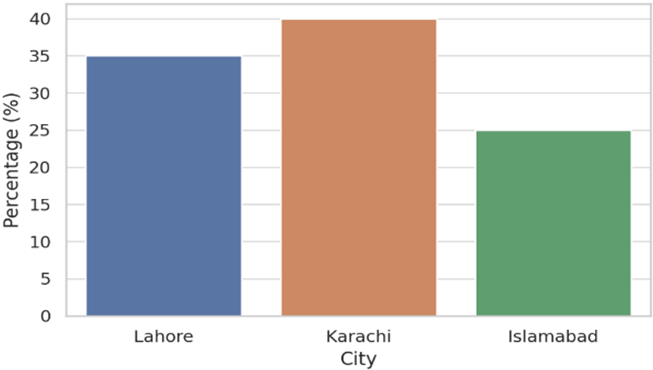Navigating the Future of Work The Impact of Artificial Intelligence and Automation on Job Displacement and Workforce Resilience
Keywords:
Artificial Intelligence, Automation, Workforce Adaptability, Mixed-methods approach, Employment SectorsAbstract
As artificial intelligence (AI) and automation technologies rapidly advance, their implications for the global labor market have become increasingly complex. This study investigates the extent and nature of job displacement caused by AI adoption while exploring the resilience and adaptability of the modern workforce. Utilizing a mixed-methods approach, including survey data from 2,000 employees across technology, healthcare, finance, and education sectors, and secondary data from reputable global organizations, the study provides a nuanced understanding of how different job roles are impacted. Results reveal that while technical and repetitive roles face high displacement risks, occupations demanding human empathy, creativity, and real-time decision-making remain comparatively secure. The study also emphasizes the psychological responses to AI integration, with over 70% of participants expressing anxiety over job security. Findings underscore the need for urgent investments in upskilling and reskilling programs to prepare workers for an AI-augmented future. The research concludes by calling for ethically grounded AI development and policy interventions aimed at workforce empowerment.








